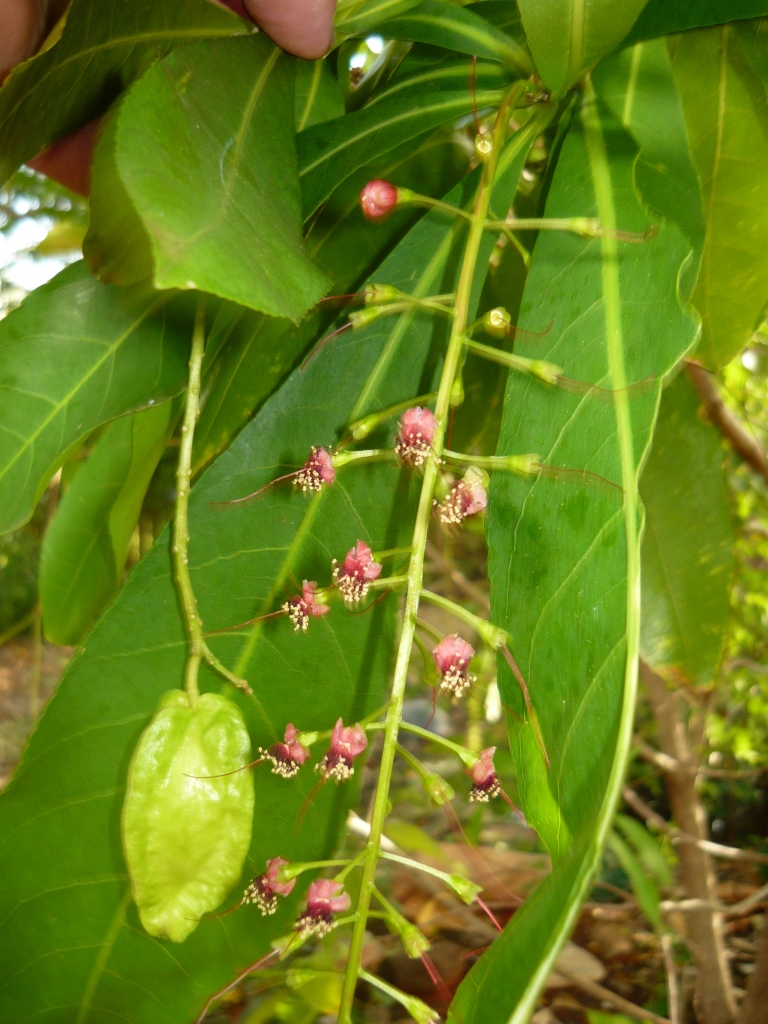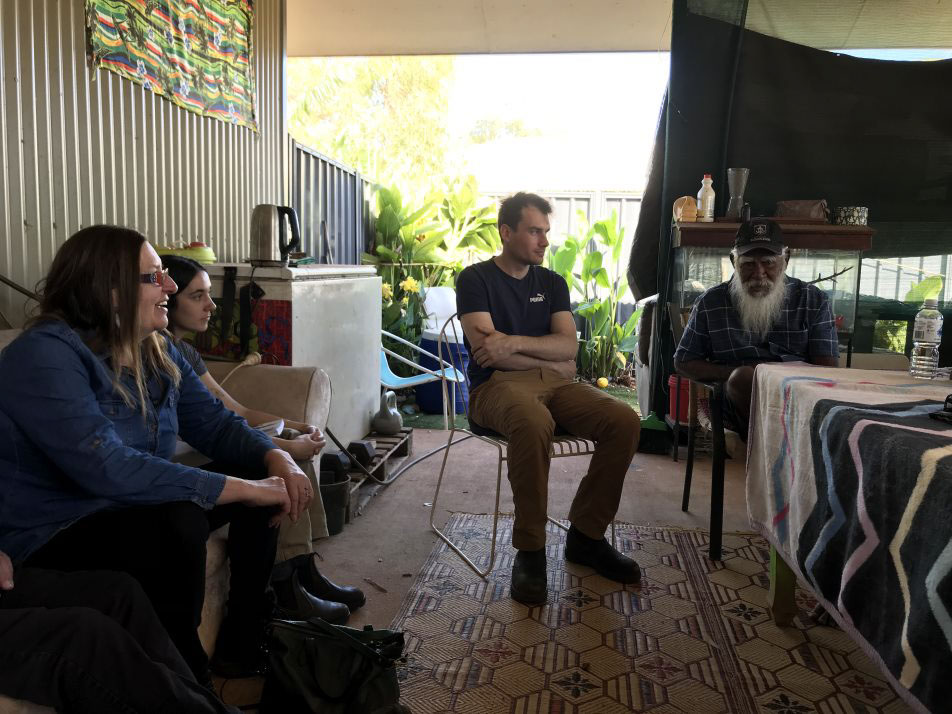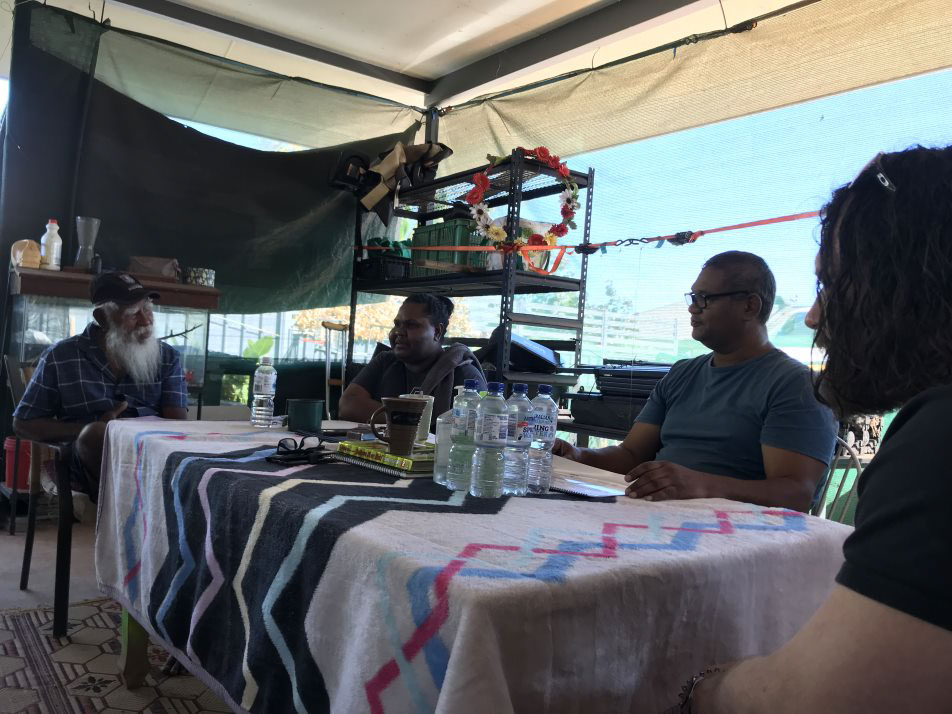Information
Background on the mudjala case study
The Nyikina Mangala people have using the mudjala plant for its pain relief and analgesic properties for tens of thousands of years. Members of the community started to think about commercialising the plant when, in 1986, senior lawman John Watson had his finger bitten by a crocodile while fishing and successfully used the mudjala plant to manage his pain until he could access medical assistance. Since then, Mr Watson and other Nyikina Elders have been exploring the possibility of patenting and commercialising their knowledge of the plant. With assistance from former CEO of the Kimberley Land Council, Paul Marshall, a R&D project which brought together Nyikina Traditional Owners with Griffith University was undertaken.

The Issues
Some of the barriers that Indigenous people face in seeking to commercialise their traditional medicines are related to:
- Issues with the Patents Act 1990
- The lack of a road-tested regulatory pathway for
assessing traditional medicines by the Therapeutic Goods Administration (TGA)
- A lack of resourcing and support for Indigenous
communities who wish to commercialise their traditional medicines
Significance of this research
To date, no Aboriginal or Torres Strait Islander traditional medicines have been listed with the TGA. Internationally, there are few very Indigenous medicines that have been registered in such a way that the benefits flow back to the communities of origin. This project is particularly significant because it is Indigenous-led, was instigated by senior Elders, and – if successful – will demonstrate that commercialising Indigenous medicines can contribute to Indigenous economic sovereignty. This aligns with the aspirations of the KLC.
Progress of the project
The team were invited by the KLC to attend the combined AGMs of KLC, Kimberley Aboriginal Law and Culture Centre (KALACC), Kimberley Language Resource Centre (KLRC) and Aarnja Ltd in August 2022 to present the project.
Dr Virginia Marshall was also invited to attend the Kimberley Aboriginal Women’s Culture Camp in September 2022, facilitated by KALACC to discuss the project.



ARC research team visiting John Watson and family, 2022 (Photographs by Emma Kowal)
We acknowledge all Aboriginal and Torres Strait Islander Custodians of Country and recognise their continuing connection to land, sea, culture and community. We pay our respects to Elders past, present and emerging.